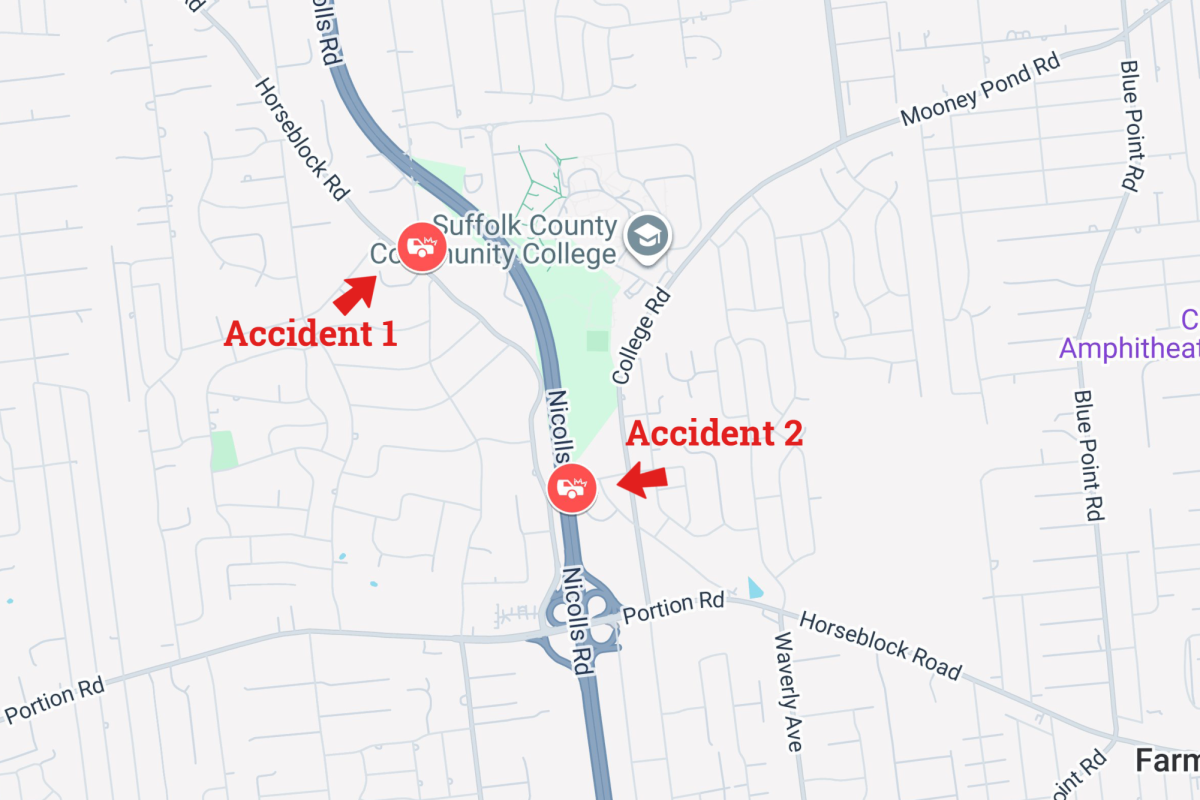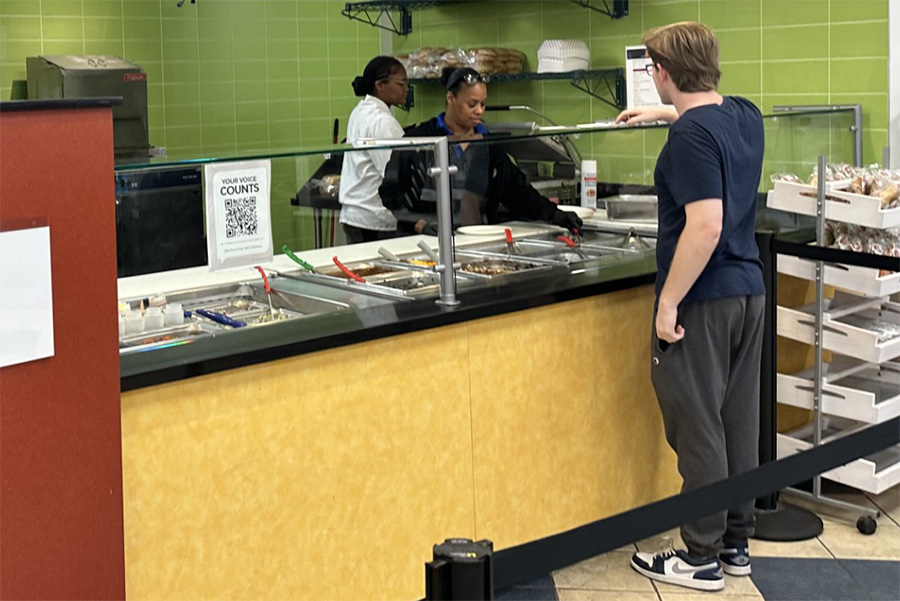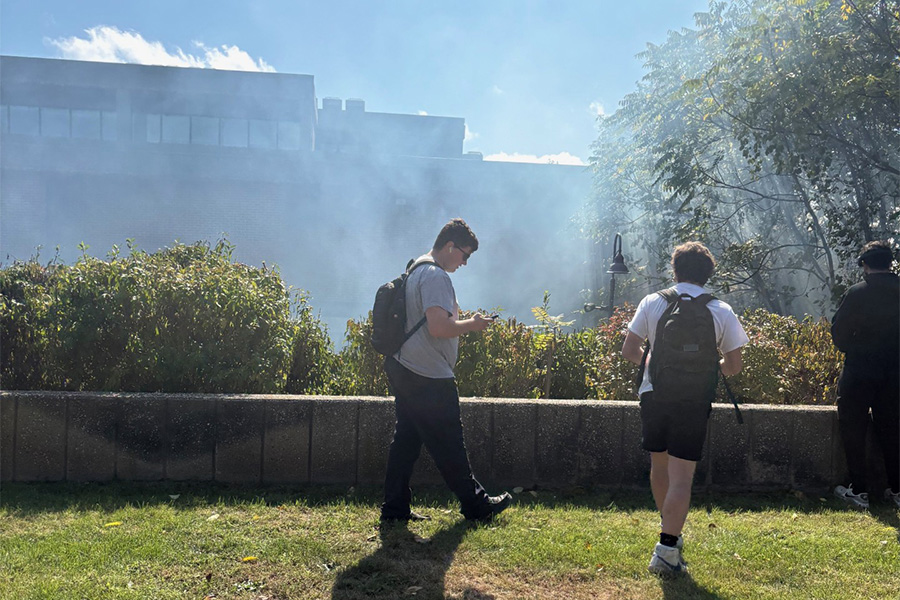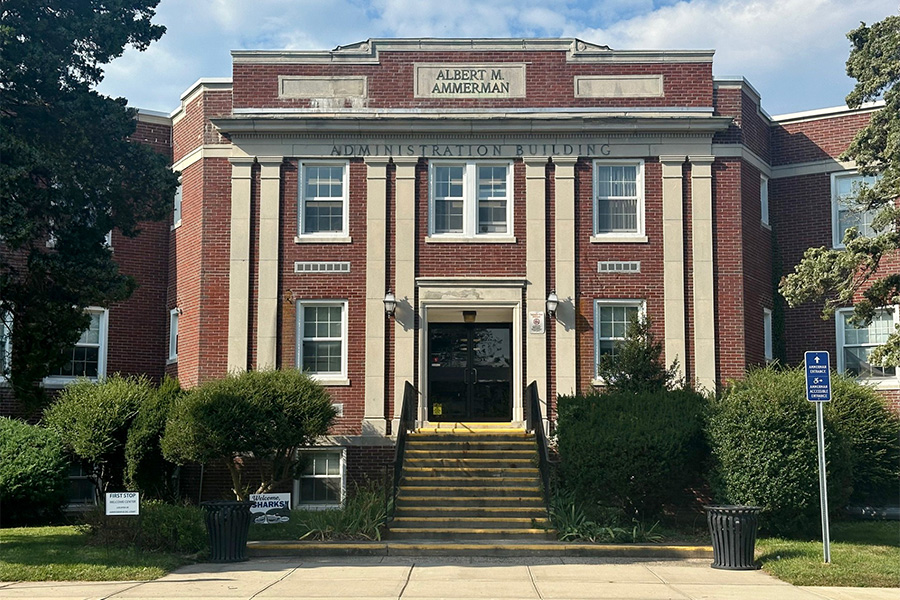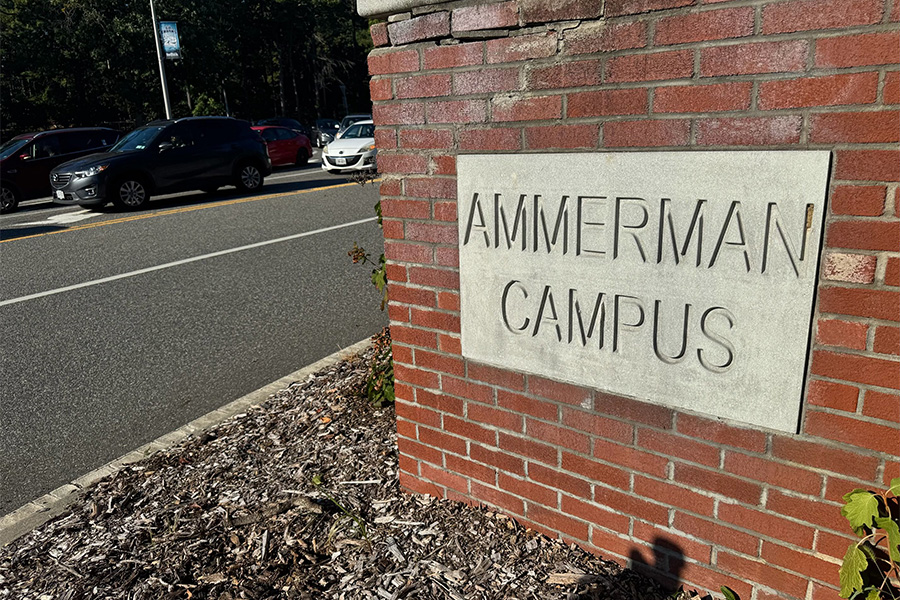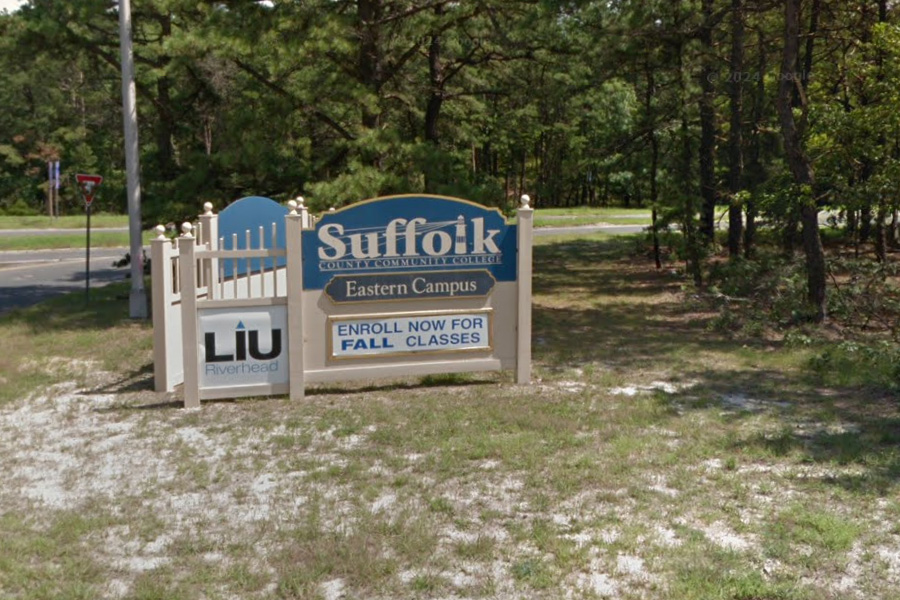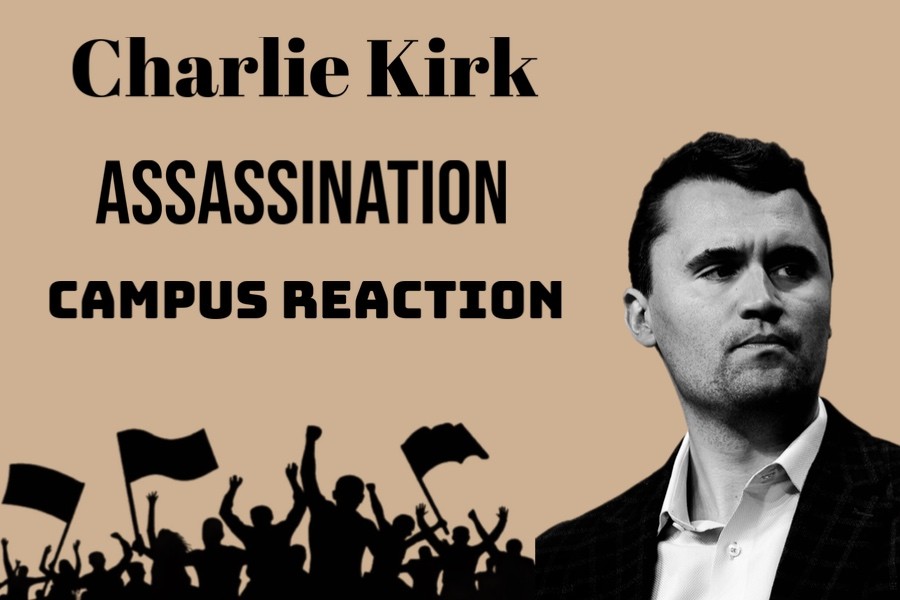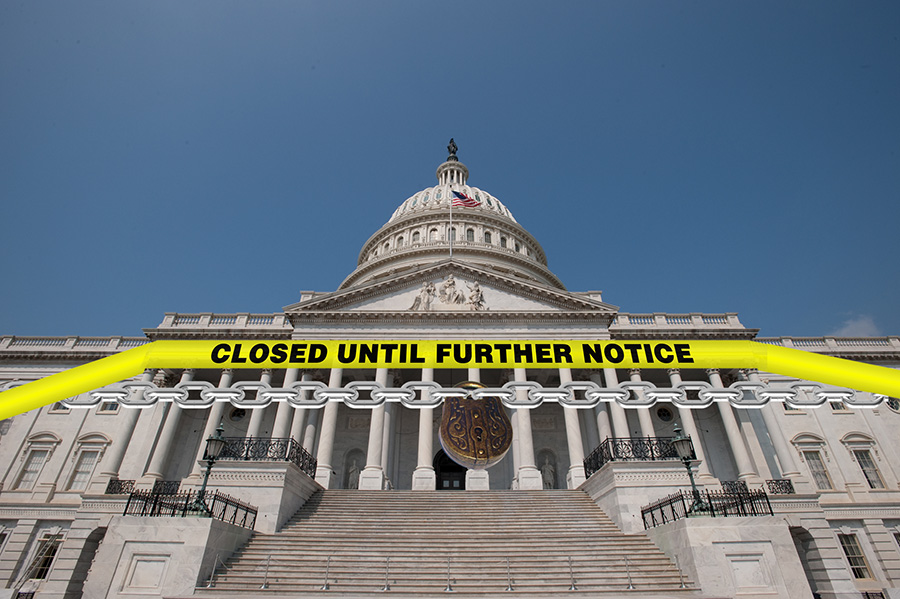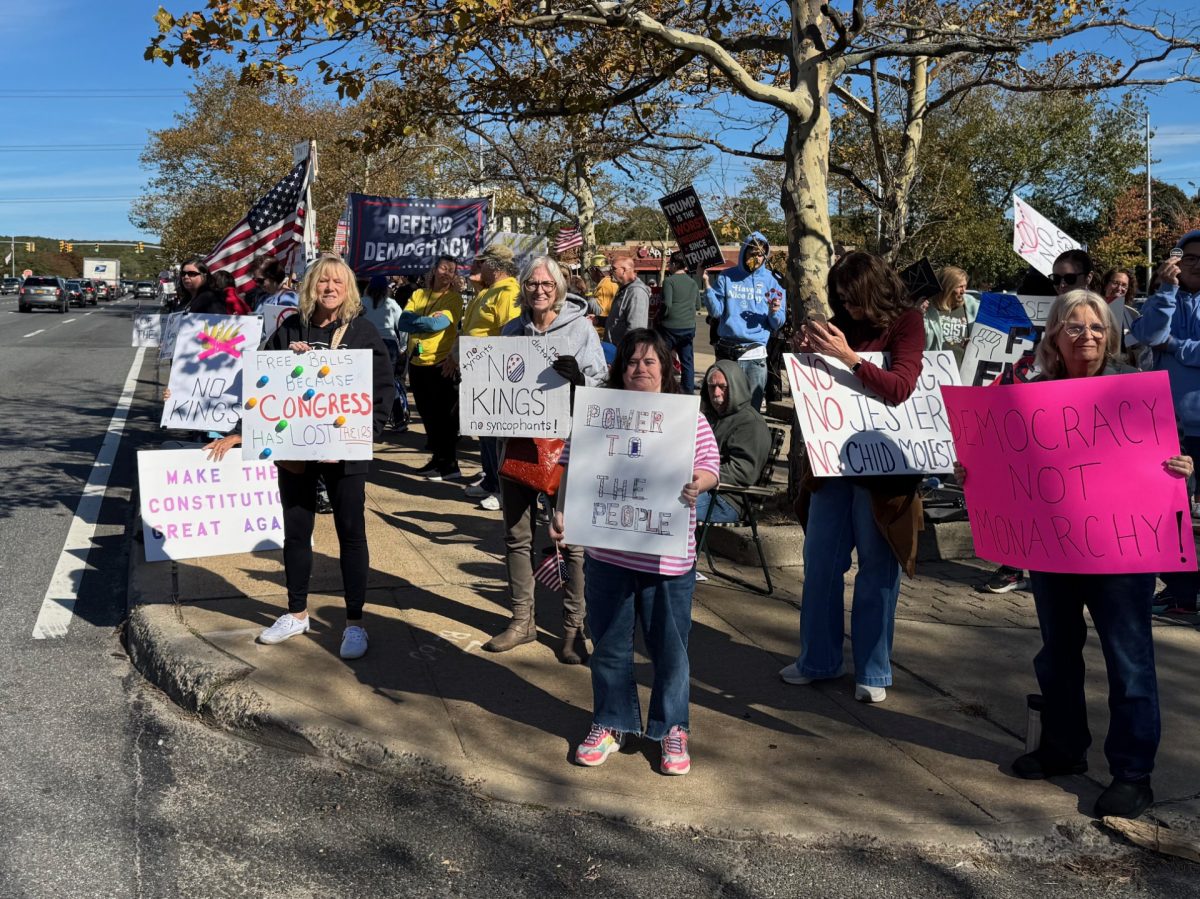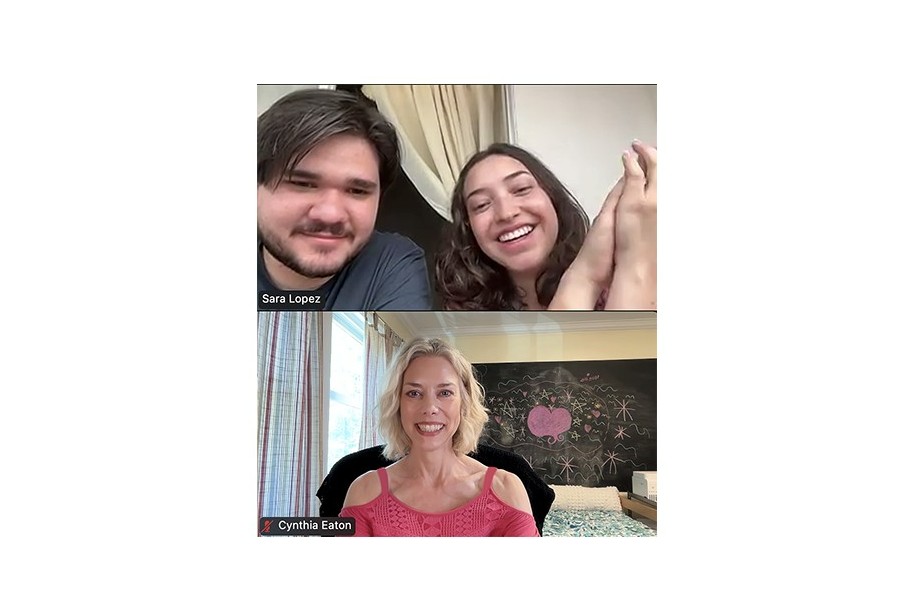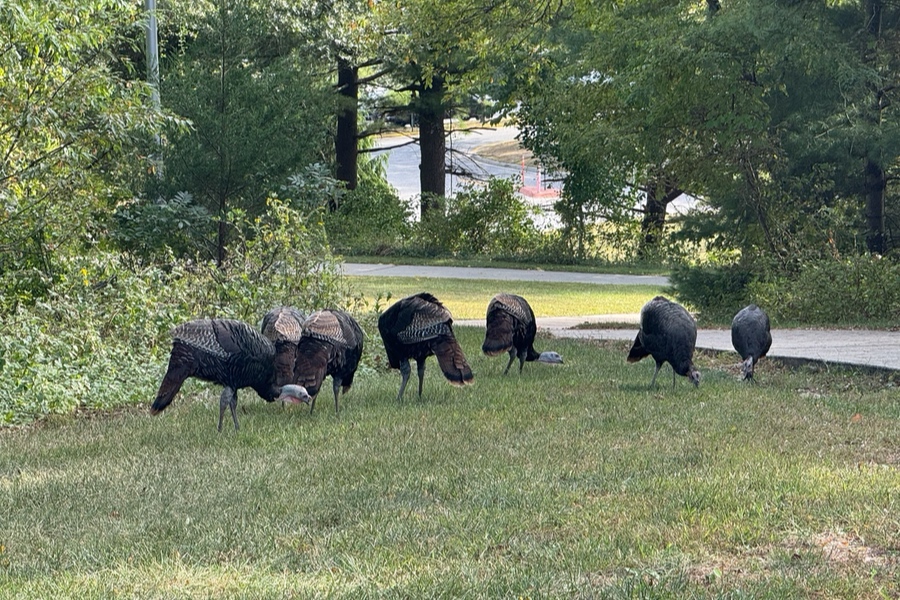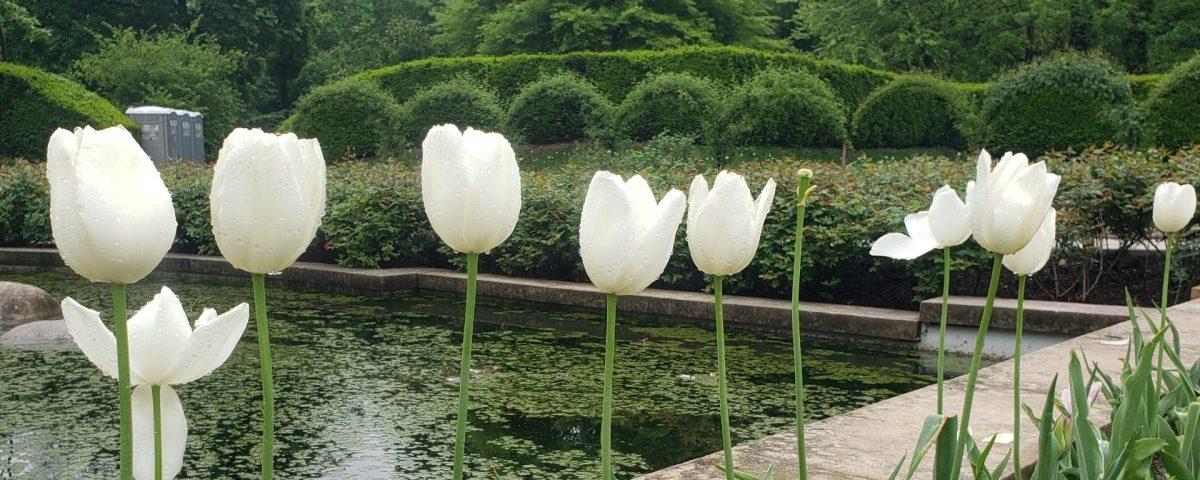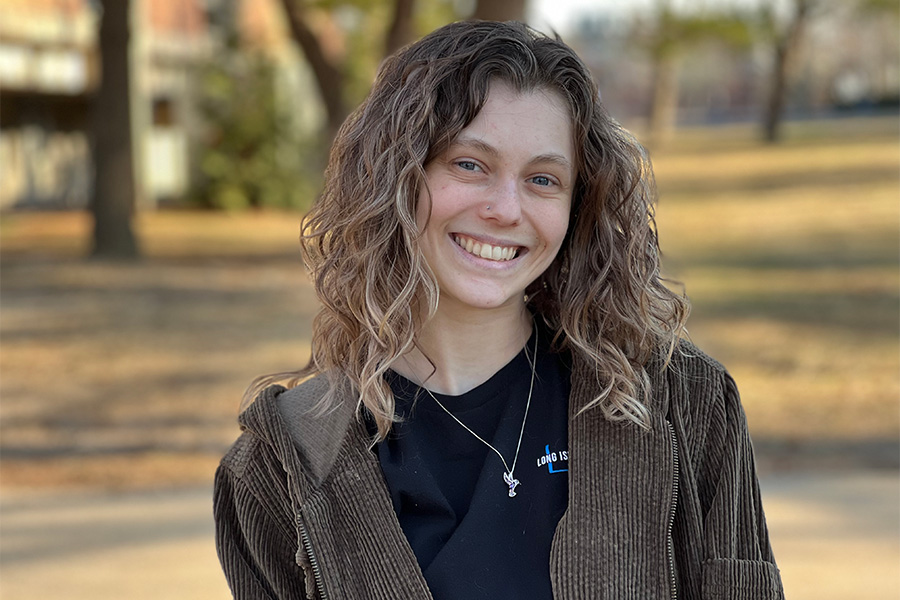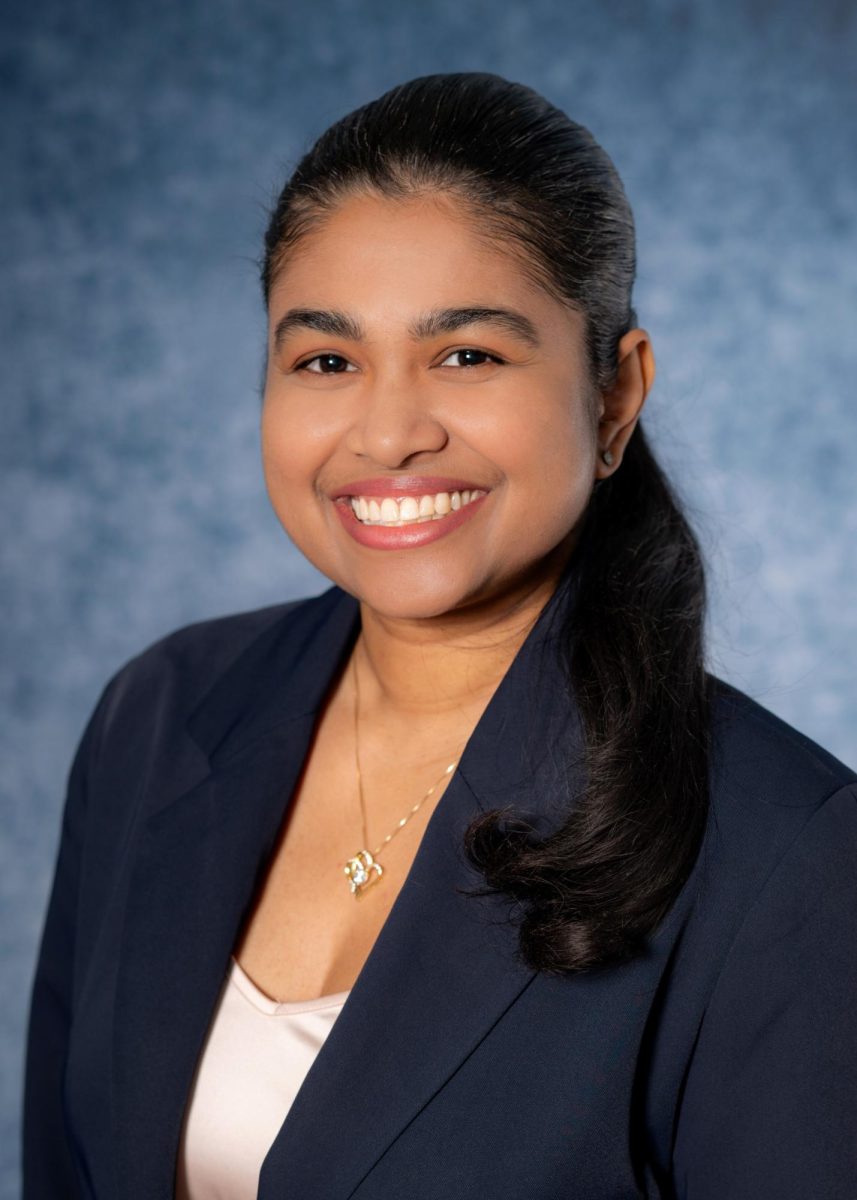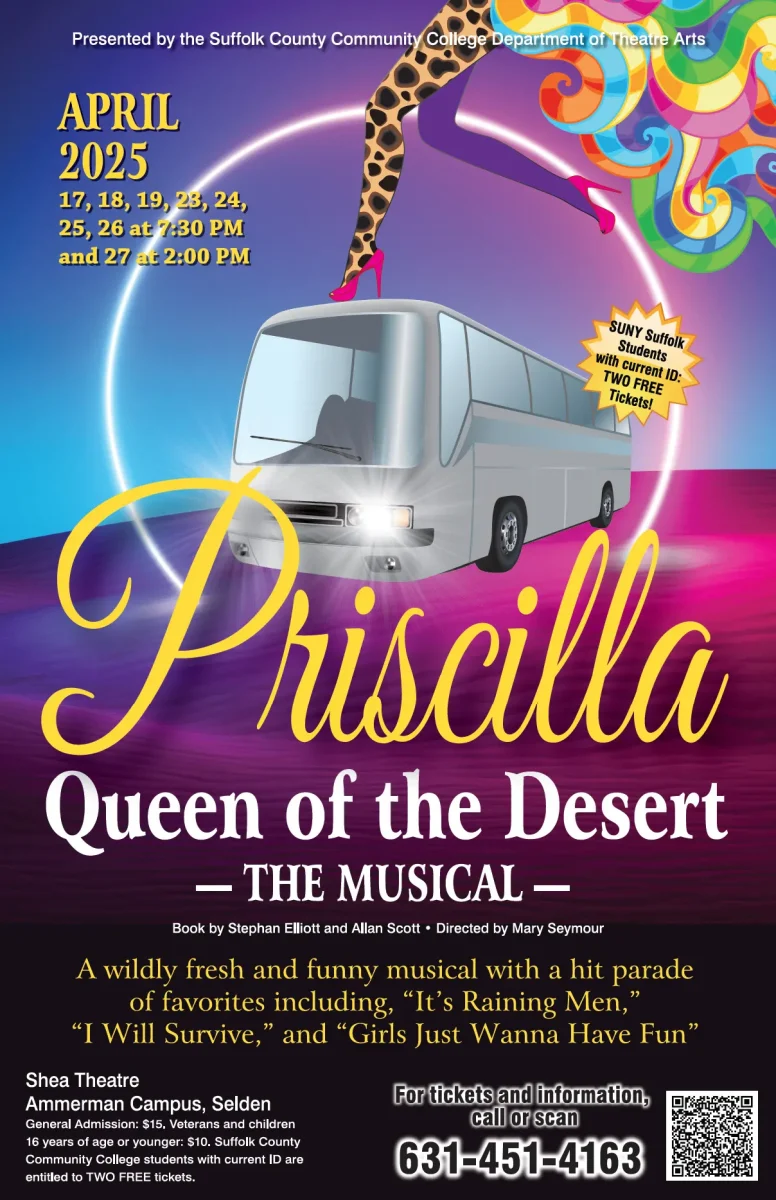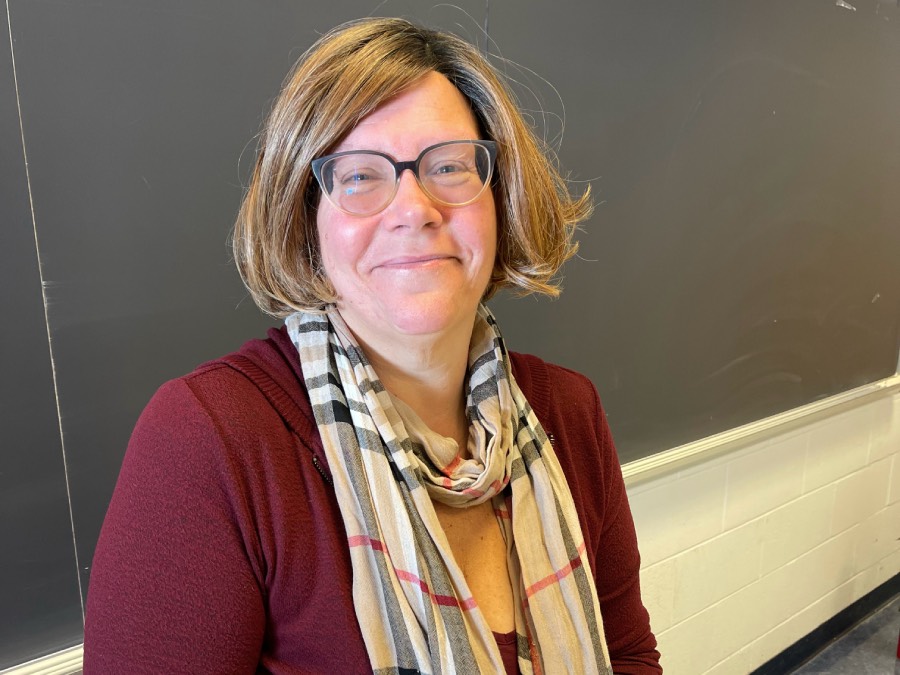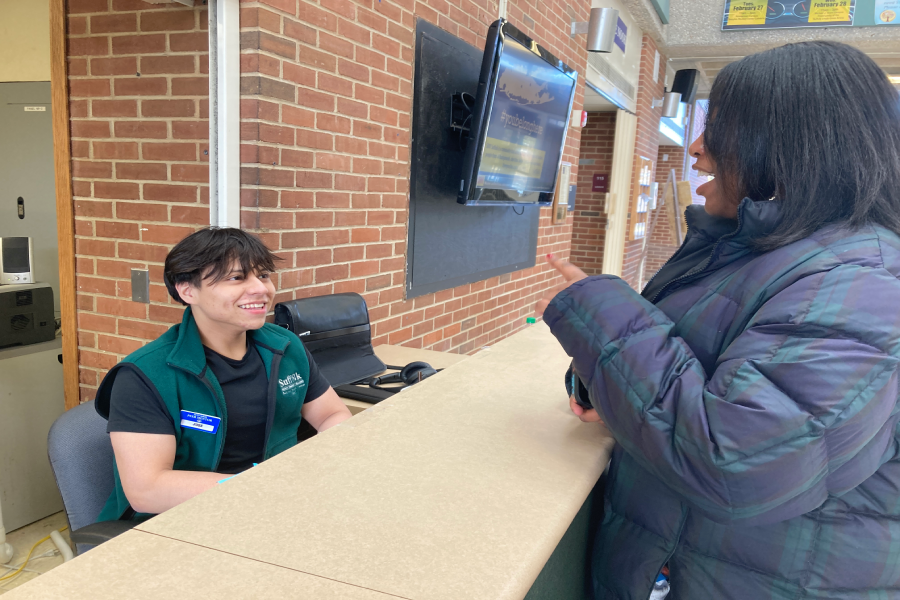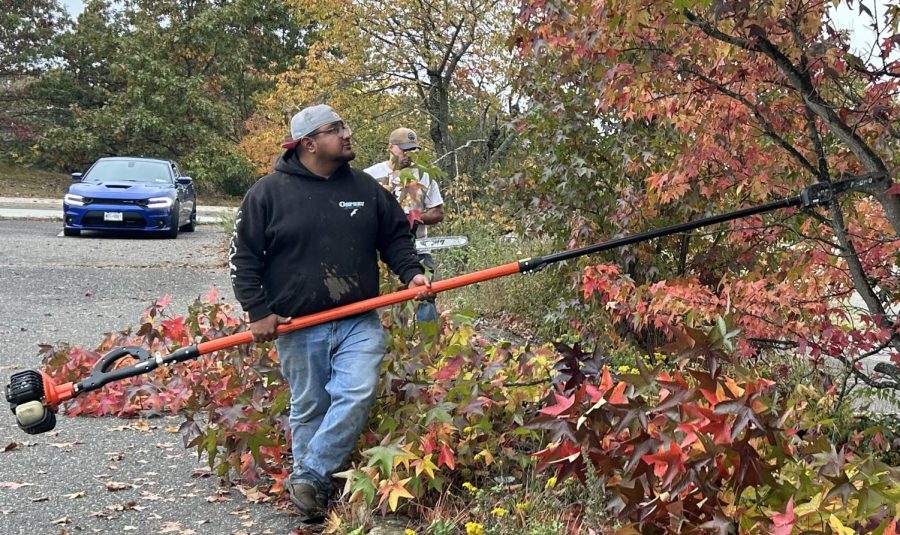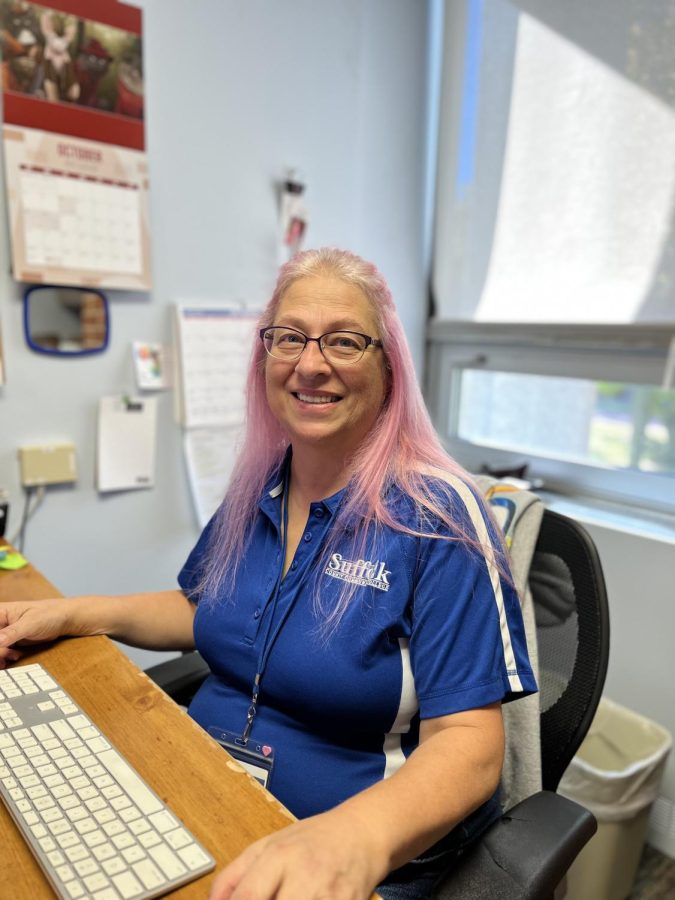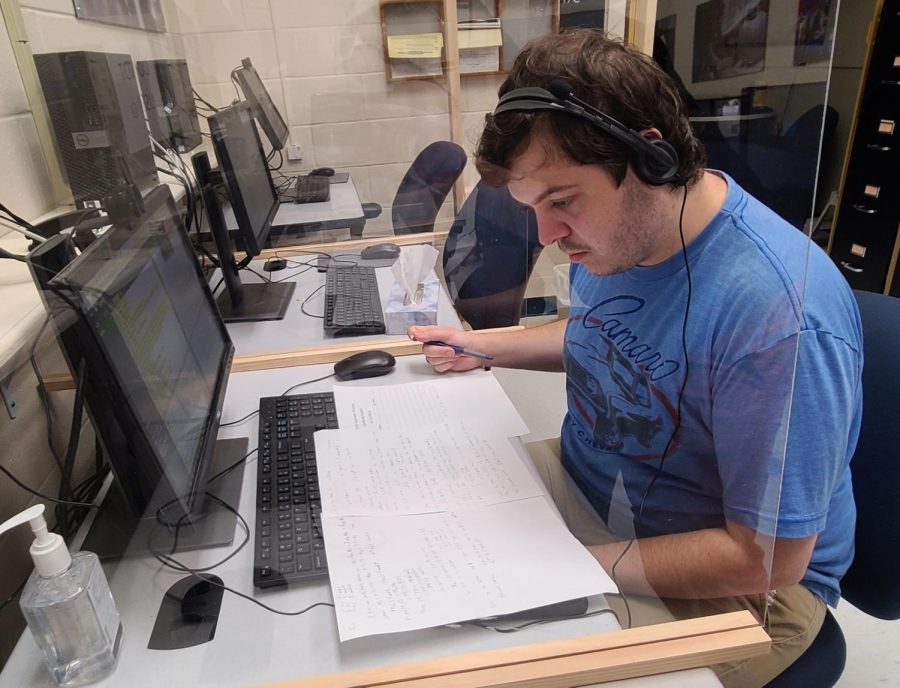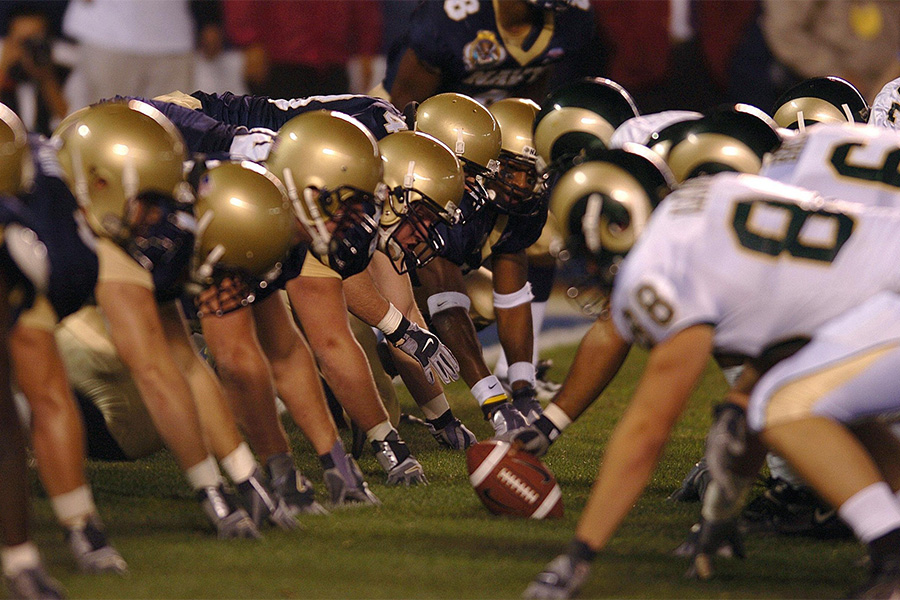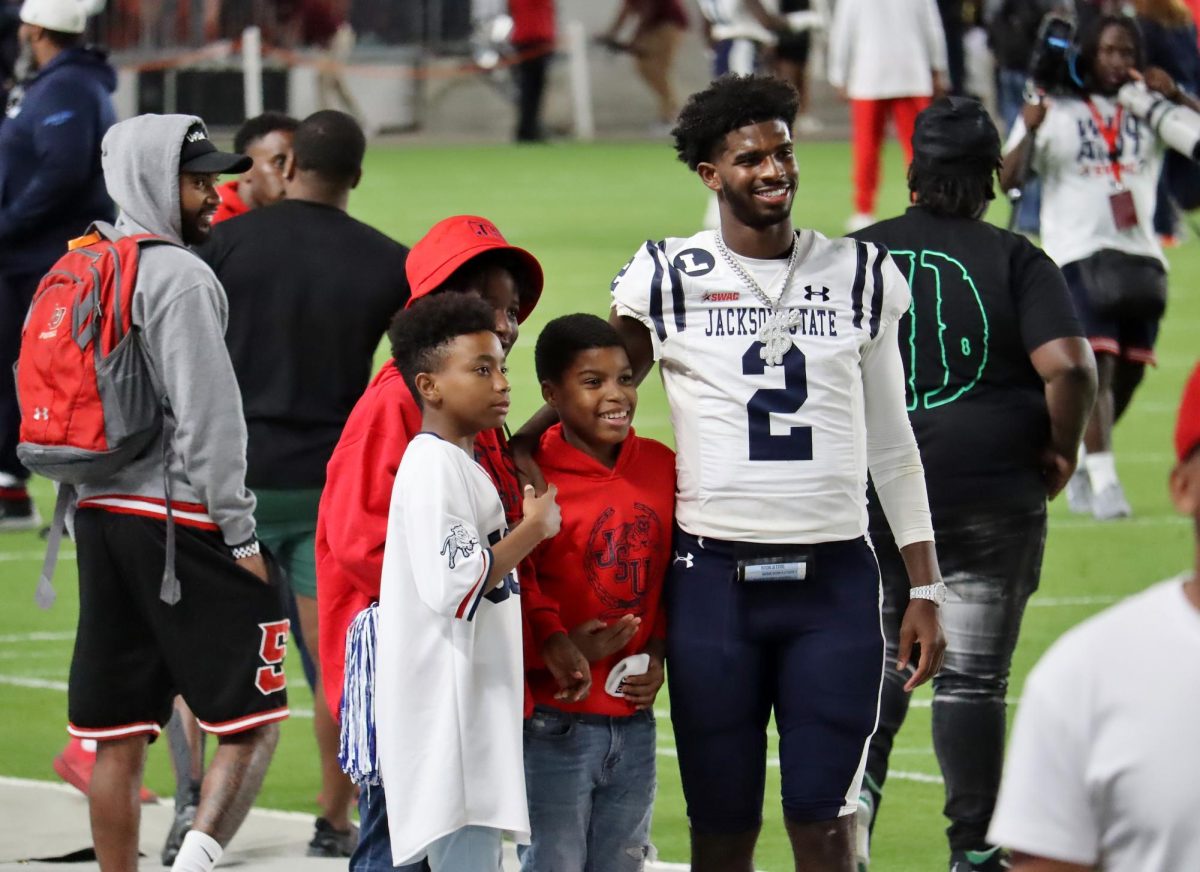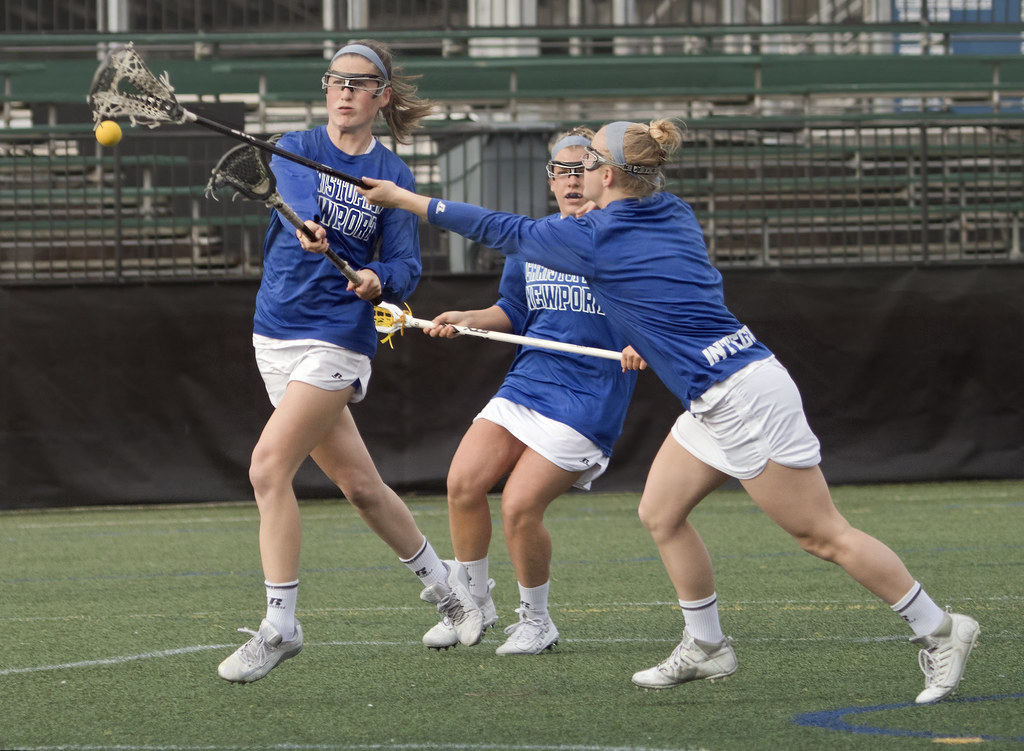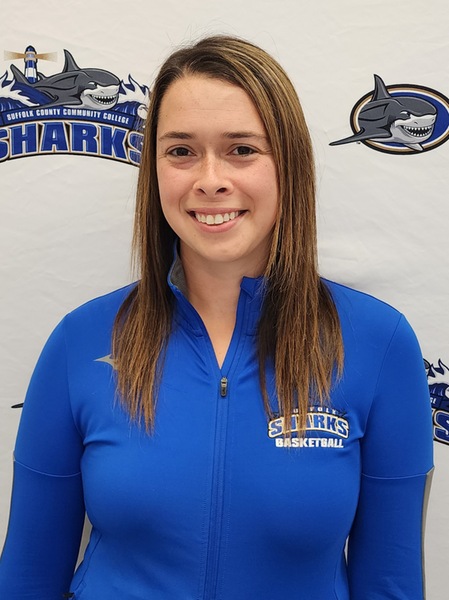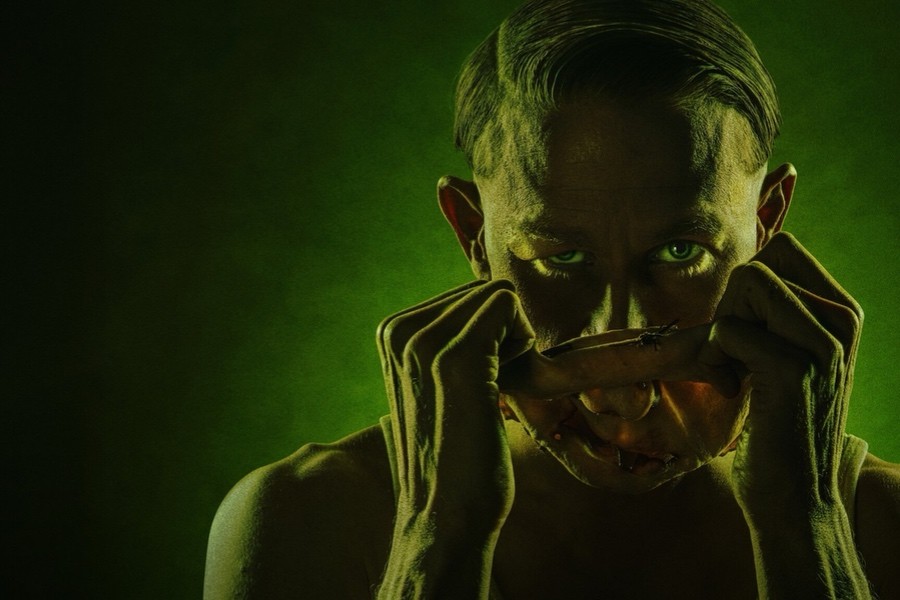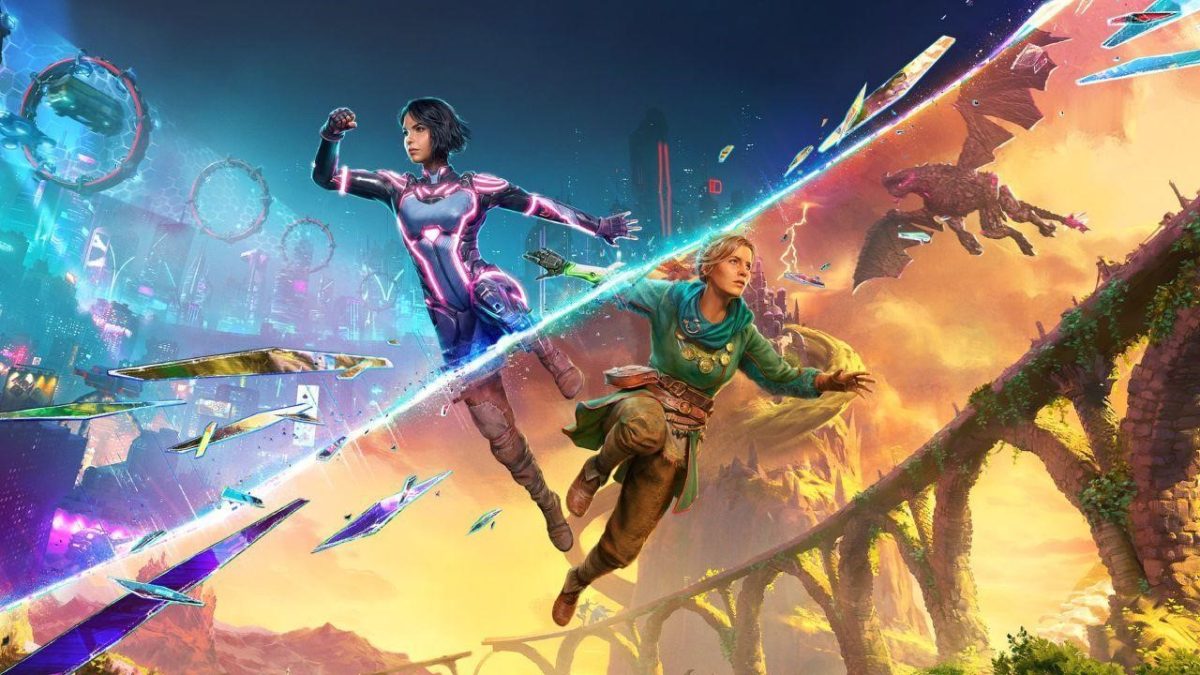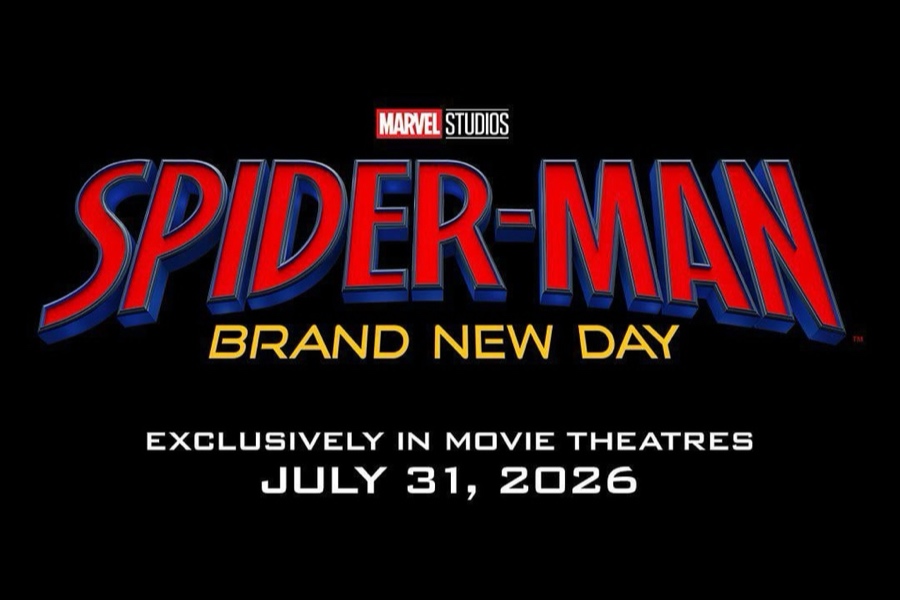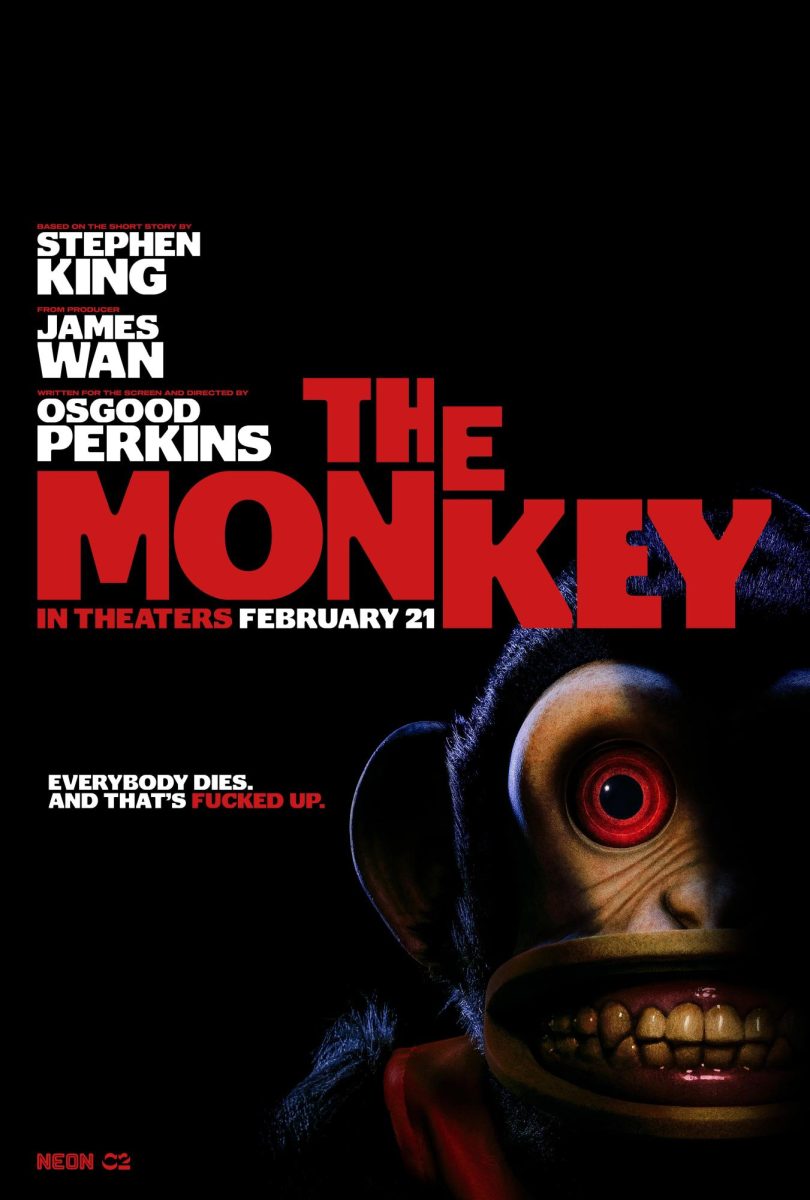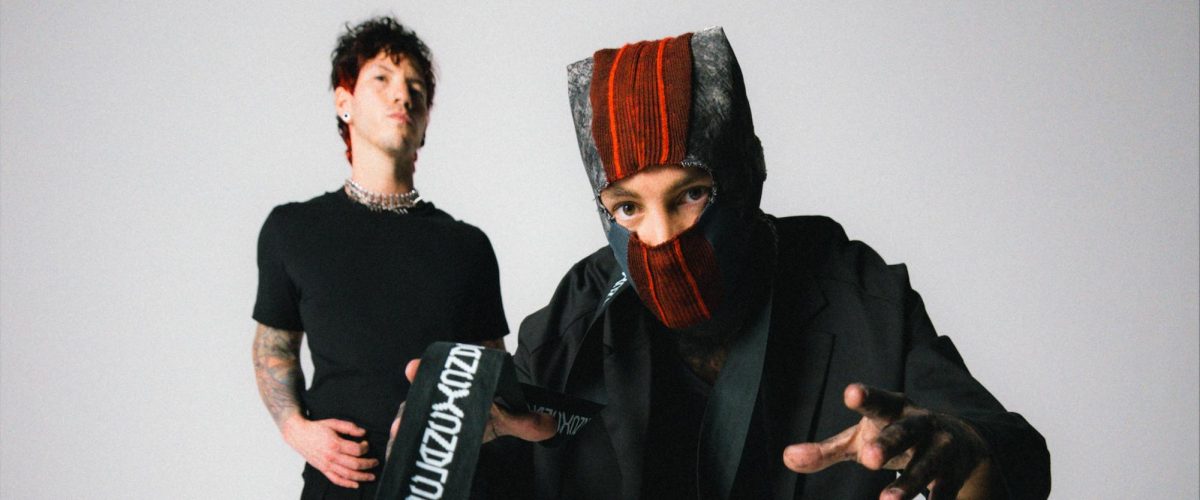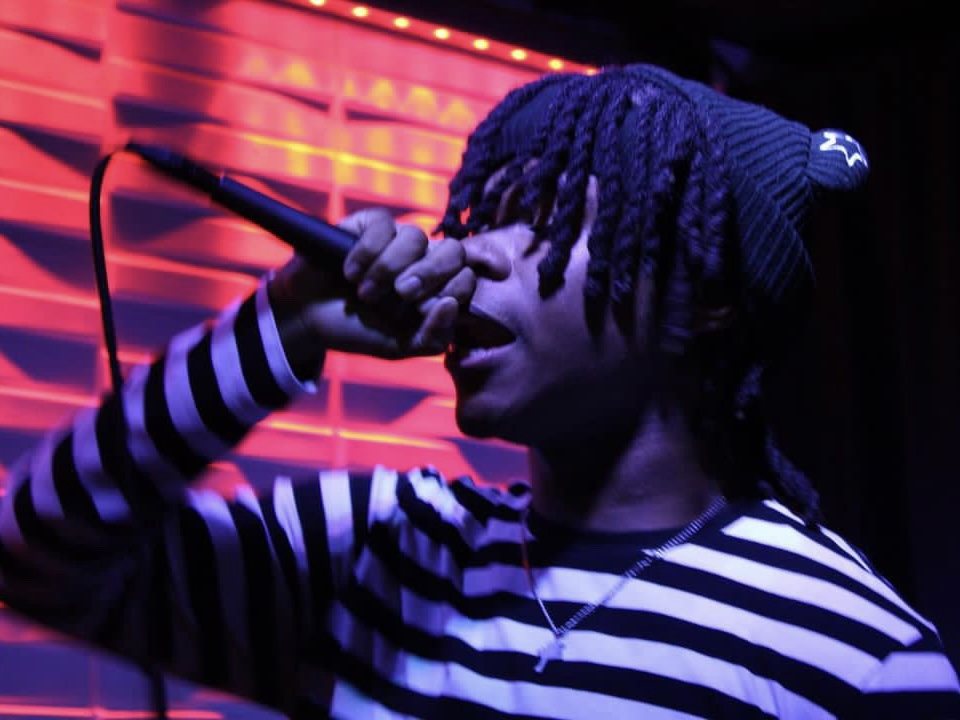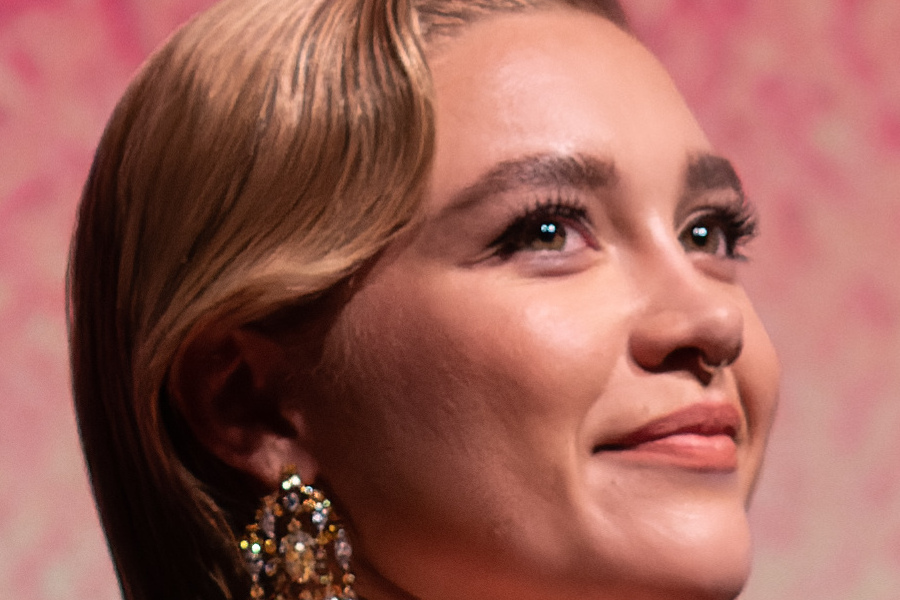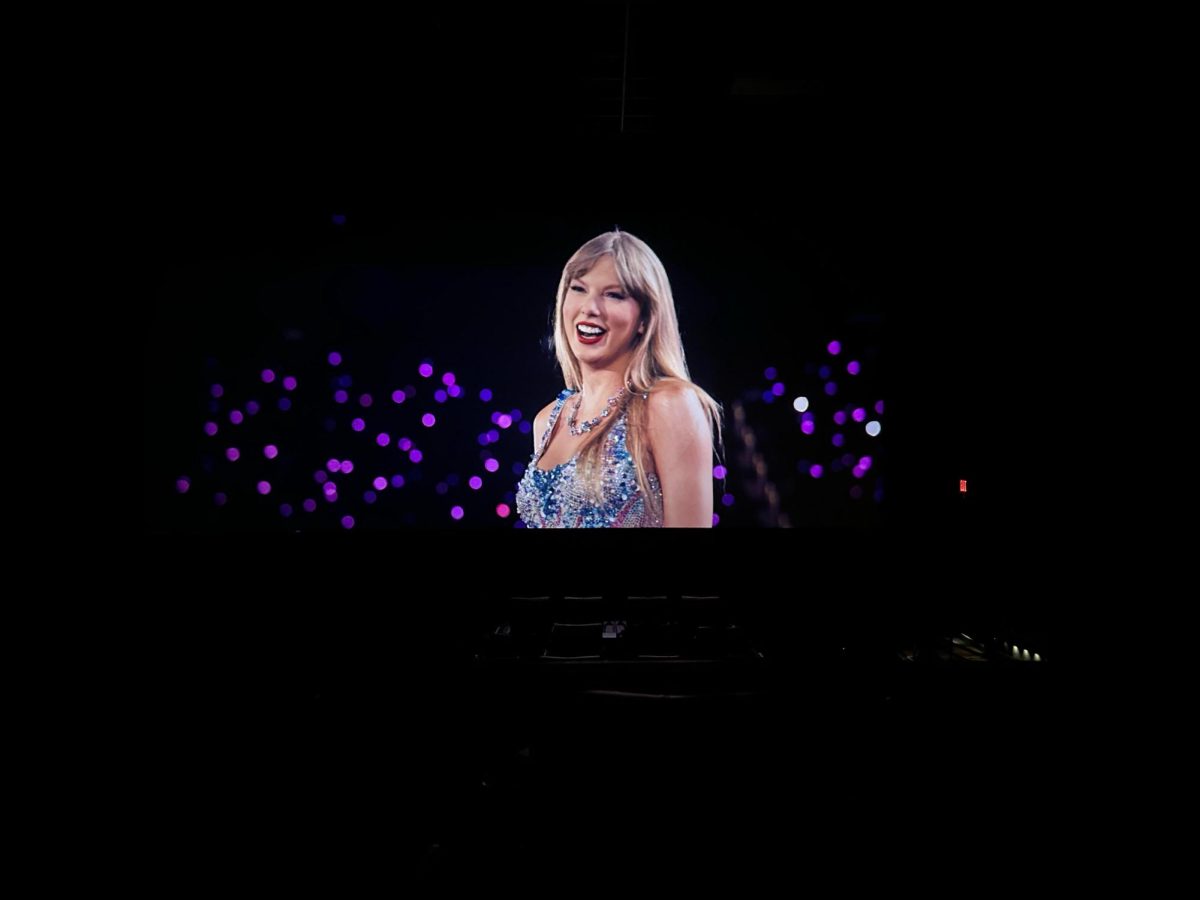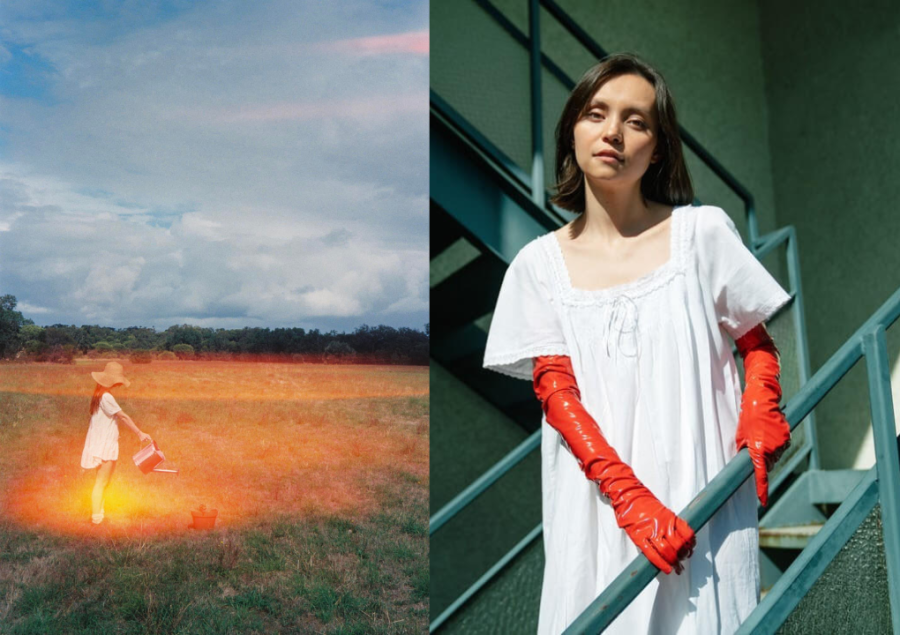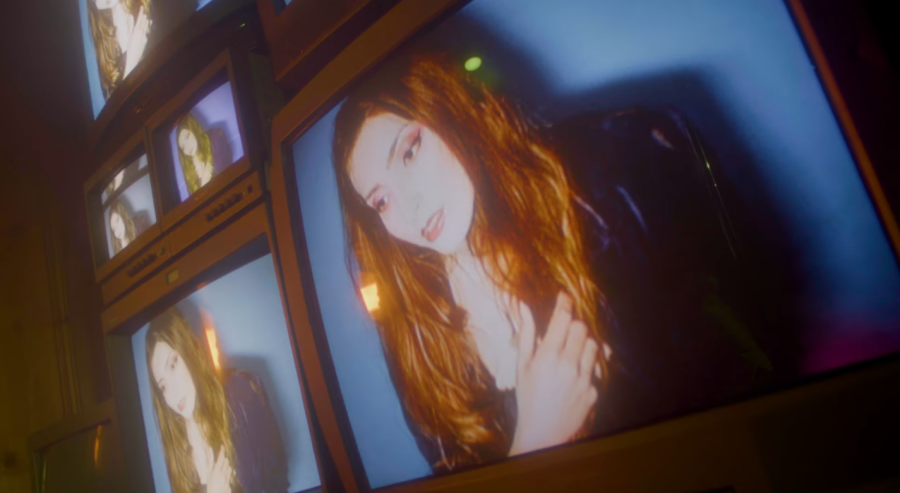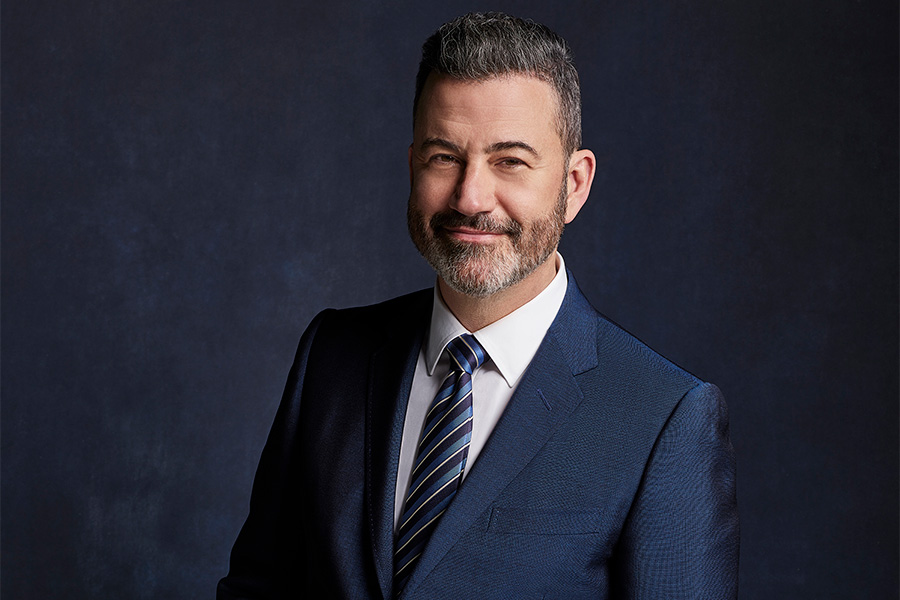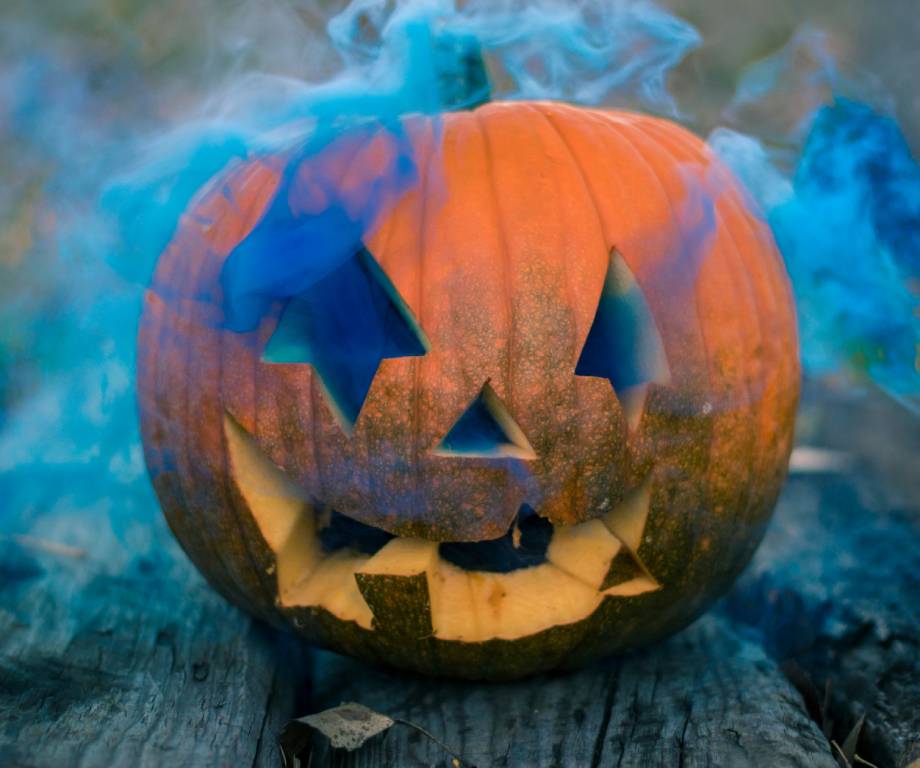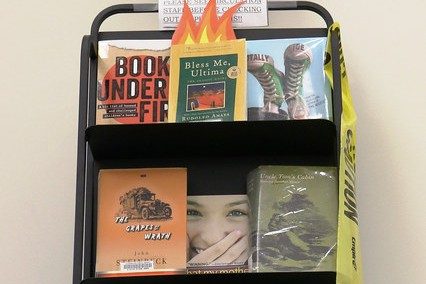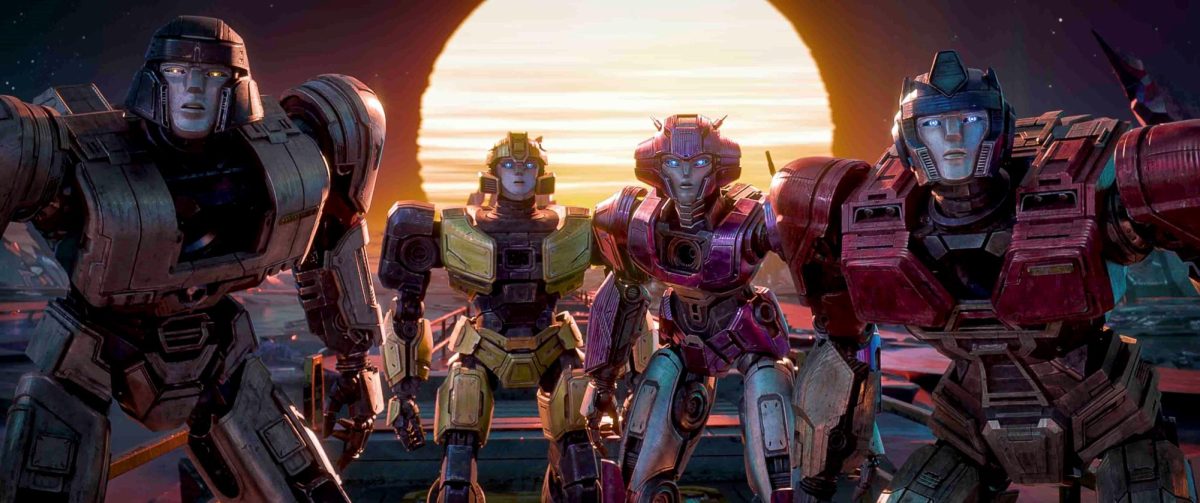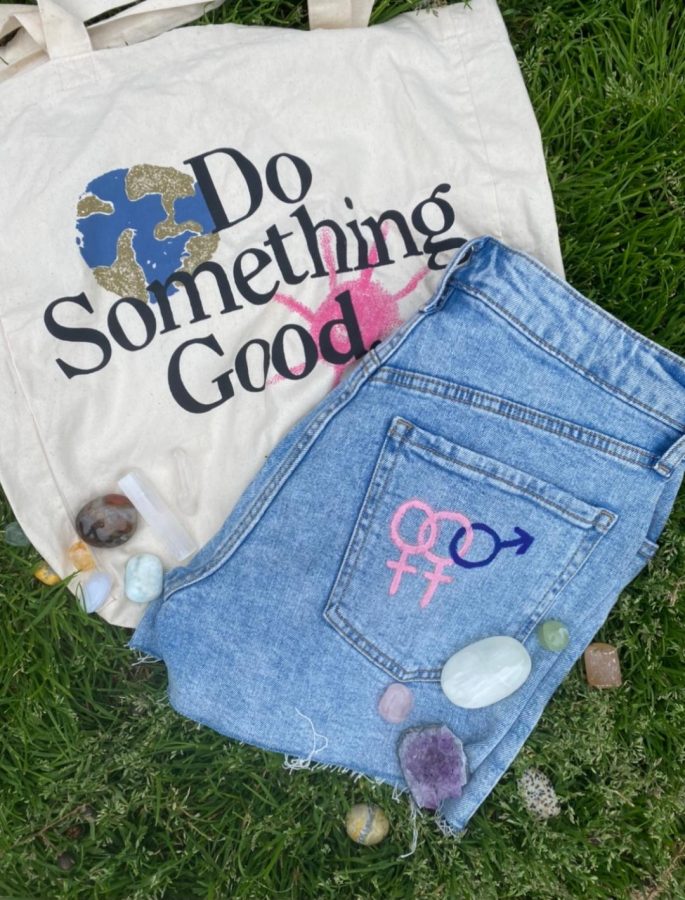A Conversation With LGBTQ+ Members & Allies
Becoming an ally is essential to supporting the community. A part of that is understanding pronouns, sexual fluidity, and gender as a concept instead of a solid construct.
Pictured above is my (Kyra Higbie’s) shorts painted with the universal Bisexual symbol. Next to it is my daily tote and crystals, two things I carry daily to bring me positive vibes and good energy.
May 5, 2022
A conversation with LGBTQ+ Members and Allies.
LGBTQ+ Community Members speak about hate, autonomy, and navigating the ins and outs of stepping into their roles as community members.
Kyra Higbie
As a 20-year-old at Suffolk County Community College, I would like to share my experience as a bisexual student. I feel educating yourself is the first step to advocating, supporting, or learning how to be a part of the community. Many people within the LGBTQ community didn’t initially recognize bisexual people as a true part of the community and some still struggle to do so today.
I’ve experienced hate from my own community. Acceptance is often preached but seldom practiced. It’s expected from outsiders but it can hurt when it comes from the people who are meant to accept you.
I remember my first experience with pride in NYC, I was excited to be in a safe space with other people like me. I had purple iridescent glitter in my hair, blue jean shorts painted in the signs of each piece of the acronym, and a t-shirt that had the bisexual flag, fuscia, purple, and blue.
I was excited and filled with energy but I was disappointed when a girl in the group next to me turned to me and told me “you shouldn’t be here, I bet you brought your boyfriend.” My heart dropped that someone meant to uplift me and stand with me was pushing me out of the LGBTQ acronym.
I had experienced hate or over sexualization from the mostly-men people who found the identification more “hot” than they did valid or a part of love, but not from my community. I questioned if I even deserve to be a part of it.
Here is what each letter in LGBTQ+ means, because the first step to becoming an ally is educating oneself on the terms associated with the community.
L.esbian – A woman who is attracted to other women.
G.ay – A man attracted to other men, it can also be a term generally for those attracted to the same sex.
B.isexual – A person who can be attracted to both men and women.
T.ransgender – A person who has a different gender identity than the one they were assigned at birth.
Q.uestioning/Queer – Questioning can mean a person is figuring out what category of the acronym they fit in to if any. And Queer can be a broad term to address those apart of the LGBTQ+ community.
+
I.ntersex – An individual whose anatomy does not line up with solely male or female.
A.ndrogynous/Asexual – Someone who is a androgynous can be partly male and female in appearance or both.
P.ansexual – A person who connects with many different people of various genders, identities, and expressions in different spiritual, sexual, and romantic ways.
Now that LGBTQ+ has been defined, three students have chosen to share their connection to the community and their personal experiences as a part of said community to illuminate the importance of sharing their stories as a conduit to connection.
The first step to breaking down the homophobia and the inherent biases people carry against you is letting go of them and realizing they have nothing to do with who you are but everything to do with who that person chooses to be.
Two sources shared how they break down homophobia and utilize their positions in the community to become allies and help others learn how to be one.
Laurie Kern a 19-year-old student of Binghamton University shared her experience as a lesbian currently trying to date, advocate, and find her individuality among others within the “L” part of the LGBTQ acronym.
Kern opened up about how she helps her friends become allies whether they’re a part of the community or not.
“I like to make friends with people and show them that acceptance is a power not weakness, that love is not something we need to be afraid of and it’s what our community is all about,” she said. “I find that people open their minds best when you help them understand you and navigate the terms instead of condemning them for not knowing the way to becoming an ally.”
An ally is a part of the acronym because it’s held as a part of the community, choosing to become one means you are literally becoming a part of the acronym and the LGBTQ+ community.
Mason Hovick, a 20-year-old student at SUNY Delhi college, shared how he tries to be an ally to the community as a part of the plus section of the acronym.
Mason Hovick is also a part of the Sexual and Interpersonal Violebce Response or S.A.V.R, and an ambassador for the Prevention of Violence Against the LGBTQ Community. He chooses to be an ally not only through his association to on campus clubs but through his personal devotion.
Hovick says, “I want to help people, especially people who are in a persecuted community, they need our help and we do that in many ways, one is being an ally.”
He continued “our group hosts events that support things like learning how to use pronouns, knowing when to call transgender people by their given names and pronouns and how to prevent sexual assault against the community.”
I wondered what he meant when he discussed calling transgender persons by their given name and he shared,
“Just like gay, lesbian, bisexual, what-have-you, transgender people aren’t always out of the closet, and while I would love to always call them by their chosen name and pronouns it’s important to ensure they are in a safe space around people they choose to share that side of themselves with. I learned that it’s important to ask them if the space their in is one their comfortable being identified as transgender in.”
He went further, “as much as I would like to think everywhere has become a safe space, it hasn’t and you never wanna put your friends or community members in danger.”
I enjoy surrounding myself with people I love and LGBTQ+ members are some of the brightest, funniest, and sweetest people I’ve met. And I hope that for the present and future SCCC members can be either an ally or a part of the LGBTQ+ community at SCCC either openly or not.
So, choose to be an ally and join the fight against those that choose hate.

